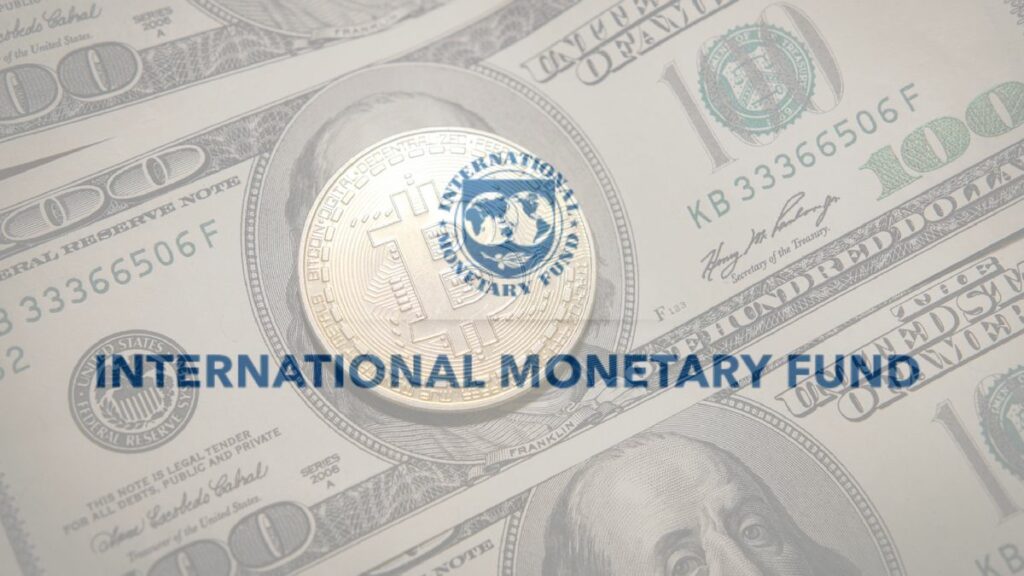International Monetary Fund (IMF) said that crypto assets should never be granted the status of official currency or legal tender to protect financial stability and prevent rapid inflation.
In a publication on Tuesday, July 18, IMF, citing the collapse of Terra Luna stablecoin and FTX crypto exchange, said there is an urgent need to establish clear rules to protect investors and prevent market abuse. In addition to sound regulations, the Fund fears that cryptocurrencies could replace fiat currencies, which should never be allowed in FMI eyes. Therefore, it called for a consistent and coordinated policy approach to crypto.
Crypto assets, such as stablecoins, could potentially replace official currencies and significantly impact countries’ economic policies. Read how governments can protect economies from harm: https://t.co/tRKjHjkZFl pic.twitter.com/zfLSGhKSal
— IMF (@IMFNews) July 18, 2023
IMF Calls Stablecoins a Threat to Fiat Currency
According to the global bank, the crypto market needs clear regulations to protect investors and consumers. But cryptocurrencies have broader implications for the financial system, such as the potential to replace fiat currencies, and stablecoins are the most likely contenders. The publication reads:
“Such assets, particularly stablecoins denominated in hard currencies, could potentially replace official currencies and significantly impact countries’ monetary and fiscal policies. This is especially true in emerging markets and developing economies, underscoring the need for a comprehensive, consistent, and coordinated policy approach to crypto.”
IMF outlines three features of this approach: ”a sound macro-policy foundation, clear legal treatment and granular rules, and effective implementation.” As part of this policy, the Fund urges countries to overhaul their domestic financial institutions ”for an effective response to the challenges posed by crypto assets.”

Furthermore, nations should avoid adopting crypto as a legal tender as it is a step too far. IMF wrote:
“To protect national sovereignty, it is important not to grant crypto assets official currency or legal tender status. Doing so would require accepting them in many jurisdictions for tax payments, fines, and debt settlements, and could generate fiscal risks for government finances, and could threaten financial stability or rapid inflation.”
The bank also urged policymakers to integrate the crypto sector with existing rules of capital flows to “ensure stability and minimize potential disruptions” and clear legal treatment of crypto assets for a sound tax system. Given the borderless nature of crypto, IMF says that international collaboration and information sharing are crucial to effectively overseeing crypto.
In summary, the IMF publication calls for a globally-usable regulatory framework which is a much-needed thing for the crypto sector as it is being cracked down without anything clear regulations to follow.












